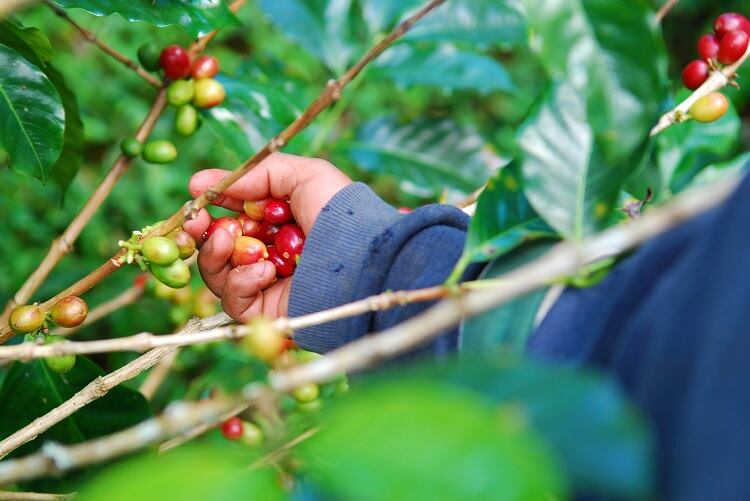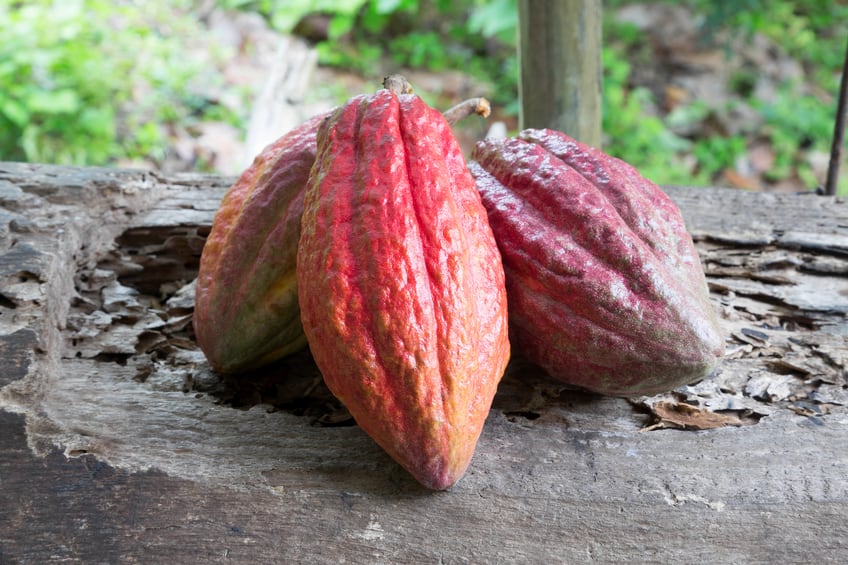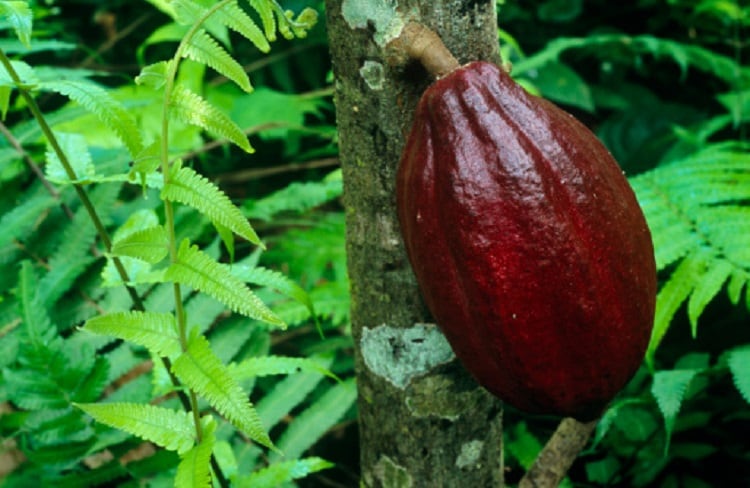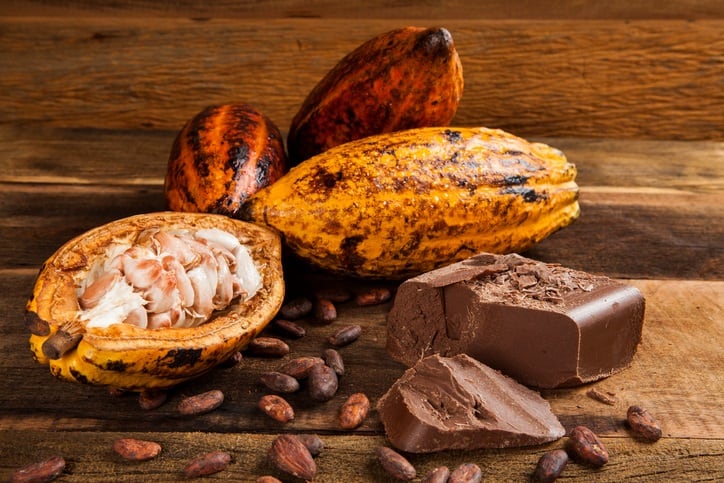The Dutch Senate has voted 39 out of 75 in favour of a Child Labour Due Diligence Law in the Netherlands. The law (available here in Dutch) requires all companies to determine whether child labour occurs in their supply chains, and set out an action plan to combat it.
According to the legislation, the primary goal is to protect Dutch consumers from purchasing products and services made with child labour. According to the Senate, however, the law’s main aim is to stamp out child labour.
The bill had been earmarked for a 1 January 2020 enforcement date, but as not all details have been determined – including aspects regarding its interpretation and enforcement – an extension is predicted. Once enforced, companies will have six months to submit their due diligence statement.
What does this law mean for companies?
The bill applies to all companies registered in the Netherlands, as well as international companies that deliver products or services to the Netherlands twice or more per year.
Annually, the Netherlands imports:
$2.55bn (€2.26bn) worth of cocoa beans
$1.86bn worth of soybeans
$1.59bn worth of palm oil
$1.07bn worth of coffee
$1.31bn worth of wine
Source: Commodity.com
These companies must assess whether there is a reasonable presumption that the goods and services in their supply chain have been produced with child labour.
In the case that child labour is reasonably presumed to have contributed to a product or service, the business must produce an action plan to stamp it out. The action plan should be in line with international guidelines, such as the United Nations Guiding Principles on Business and Human Rights (UNGP) or the Organization for Economic Cooperation and Development (OECD) guidelines for multinational enterprises.
Firms that do not submit a due diligence statement will receive a symbolic fine of €4,100.
If the company does not conduct due diligence to the regulator’s standards, it will be fined. The maximum punishment for a company that does not comply with the new law is set at imprisonment of the company’s director, and a fine of €750,000 or 10% of the company’s annual turnover.
CSR support

MVO Platform – which advocates for corporate social responsibility (CSR) initiatives – expects the law to have an “overall positive effect” and to “contribute to a decrease of child labour in supply chains” of consumer products.
The membership body is made up of Dutch civil society organisations and trade unions, including Amnesty International, Fairfood, Greenpeace and UNICEF.
“We are glad that it has passed, now we have something concrete to work with,” MVO Platform coordinator Gisela ten Kate told FoodNavigator.
“We hope this will have a lot of influence [on the food industry], because this will be the first time that all companies – buyers, users and sellers of all products in the Netherlands – are part of the scope.”
Rainforest Alliance has also applauded the ruling: “We compliment the Dutch government for adopting this forward-thinking law and all stakeholders that contributed to its development.
“While existing policies and voluntary measures have an important role to play, we believe that mandatory measures are an essential part of a smart mix to protect human and environmental rights.”
However, the size of the scope, which covers child labour only, has been lamented by MVO. “It is only child labour, and not human rights and environmental risks in supply chains. So that’s a pity,” ten Kate told this publication.
The CSR body also highlighted the legislation’s lack of clarity. “The rest of the law is unfinished in our eyes”, said ten Kate. “It doesn’t say anything about enforcement, and [is lacking information regarding] what is expected from companies.”
National vs EU-wide law
The Netherlands is the most recent Member State to adopt supply chain anti-slavery laws, after France voted in its ‘Loi Sur le Devoir de Vigilance des Multinationales’ in 2017. The UK adopted its Modern Slavery Act in the same year.
With momentum building for due diligence regulations in global supply chains, FoodNavigator asked MVO if an overarching EU law – rather than national legislation – would more efficiently eliminate child labour.
“We are very much in favour of both,” said ten Kate. “I think it is very good that there are national laws coming up, and of course at the beginning, this will be [a struggle] for companies.”
Ten Kate continued: “In the end, I believe [these national laws] will help the EU come up with a law. If so many countries are already in favour of [anti-slavery laws], this will only help the process of an EU law. I think the two would be complimentary.”
Non-government organisation Fern, which advocates for forest protection, is similarly pushing EU regulatory action. “Human rights supply chain legislation exists in France and in the UK, and Germany and Finland are moving in that direction.
“The EU should take note of such national laws, and act now to devise a harmonised European approach.”





